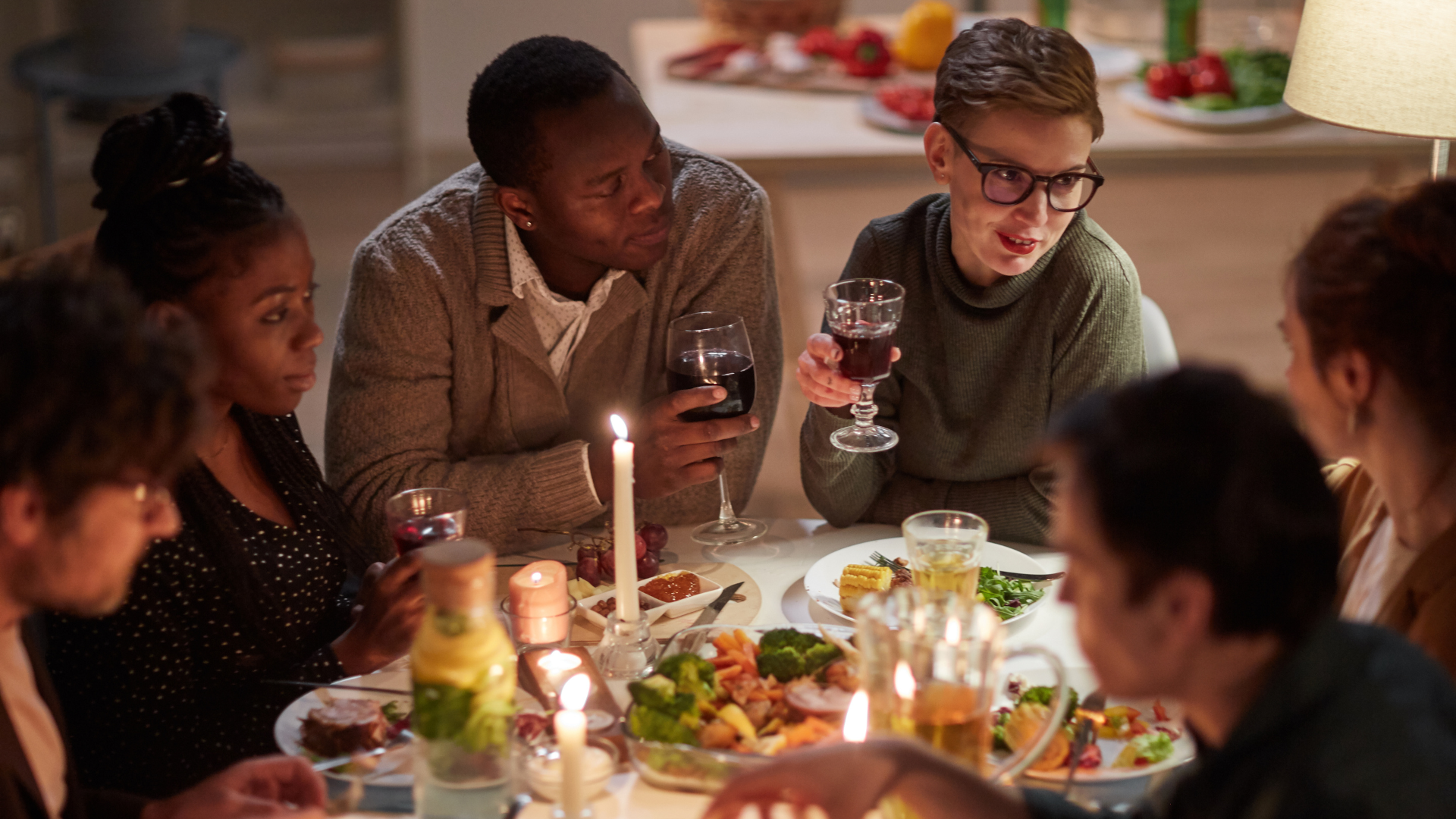Meeting people online is now a normal way of making getting to know potential romantic interests or looking for a job, and it’s also emerging as a new way to make friends.
LinkedIn and Tinder each have millions of users and are the first sites most people think of when trying to connect with people that could help them in their professional and love lives, but more and more apps and websites are cropping up with the intention of helping people build plain old friendships. Money and sex aren’t motivating factors for these groups (or at least they’re not supposed to be), these programs exist simply to help people make connections.
While chat rooms of the ‘90s and early 2000s à la You’ve Got Mail do still exist, it’s more and more common to meet people online through blogs, Facebook groups, and apps.
There are all kinds of Facebook groups you can join based on your interests, your neighbourhood, or an activity you’re going to participate in, like a marathon or a hike. In these groups you can chat with strangers, exchange ideas, share memories, ask questions, learn new techniques, and potentially make friends.
There are also lots of apps that are designed like Tinder and Grindr but are meant solely to facilitate friendships. Through these we can swipe our way into conversations that allow us to meet people that we probably wouldn’t have otherwise encountered. Even if we had bumped into them, we wouldn’t have felt comfortable striking up a conversation with them as we do after matching on an app or seeing them in our Gluten Free Baking in Montreal group.
Once you’ve left school, it dawns on you how difficult it is to make new friends. There’s a vulnerability to it, and sitting in the comfort of our homes typing on our phones or computers lessens that vulnerability a bit. Having the chance to compose our responses with more time than is typically socially acceptable when we’re face to face makes these interactions less intimidating and knowing that you don’t have to look or sound a certain way can be a relief.
This makes it easier to open up, to be vulnerable, to ask for help, to share things about yourself. While it’s positive that we can be less reserved behind our screens, hopefully we can transfer the skills we learn building relationships online the next time we’re in a position to meet new people face to face.
Try to channel that openness and readiness that comes a little more easily when on your device the next time you’re at a happy hour or a friend of a friend’s party. While there’s nothing wrong with making friends online, that doesn’t mean we should stop trying to be open to building relationships with people we meet in person.




